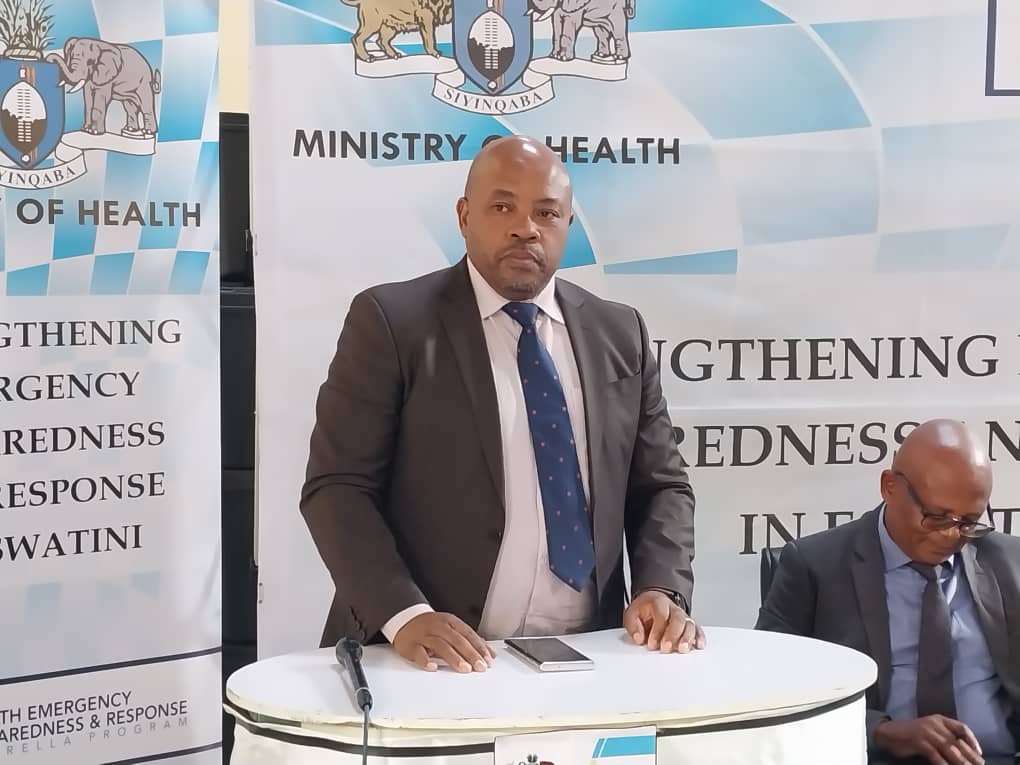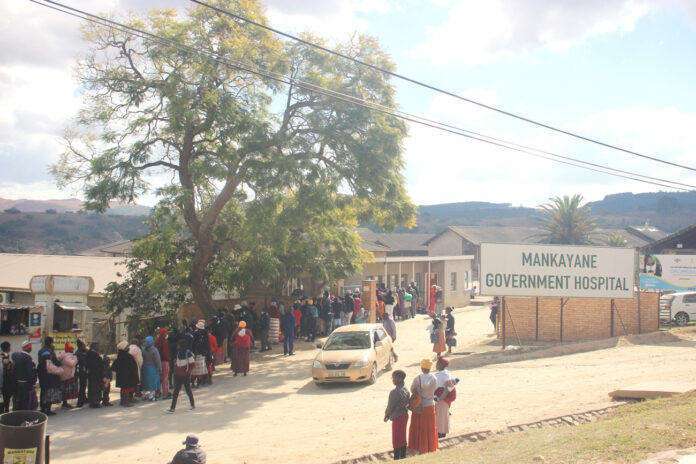In the heart of Eswatini, a quiet tragedy unfolds each day, patients are being turned away from public hospitals, not because of overwhelming demand, but because of something far more sinister: there are no medicines.
From life-saving antibiotics to basic painkillers, the shelves in government-run hospitals remain woefully bare. Mothers are losing children, chronic patients are relapsing and the elderly are dying not from the complexity of their illnesses, but from the State’s inability or unwillingness to act.
This is not a crisis born yesterday. For years, citizens have cried out over deteriorating health infrastructure, rampant drug shortages and neglect at public clinics. Yet, those entrusted with safeguarding the nation’s welfare—our ministers, MPs, and high-ranking officials are absent where it matters most.They are not in the wards.
They are not in the pharmacies. They are not at the funerals. Instead, they are on festival stages, dancing, feasting and parading at public events while the nation they represent withers in pain.
Blood Is on Parliament’s Hands
This is not hyperbole. Every life lost due to lack of medication is a direct consequence of failed leadership and systemic rot. Parliamentarians—sworn to represent the people—have instead become spectators, presiding over death with apathy.

The Ministry of Health offers the same tired excuses: procurement delays, budget constraints, supply chain issues. But the people are no longer fooled.
If there is money for international trips, luxury SUVs and cultural galas, why is there no money for insulin, ARVs, paracetamol?
If there is time for ribbon-cuttings and radio interviews, why is there no time to hold emergency sessions to address a collapsing healthcare system.
| Eswatini Observer WhatsApp Channel
The Hypocrisy Is Insulting
While the people queue at understaffed clinics and sleep on cold hospital benches hoping to be helped, ministers bask in privilege, dancing under stage lights, guarded by security and far removed from the everyday struggle of ordinary Emaswati.
In a country where youth unemployment hovers above 50%, and where basic food prices have surged beyond affordability, how can leaders justify their silence? Eswatini is not poor—it is poorly governed. The health crisis is just one of many symptoms of a deeper disease: a failure of accountability, transparency, and political will.
This Is a Ticking Time Bomb
History has shown that nations pushed to the brink—where dignity, justice, and access to essential services are denied—eventually erupt. The growing frustration among citizens is palpable. The anger is justified. How long can a people remain patient when their children are dying of treatable illnesses, while their leaders indulge in extravagance?
Eswatini’s political elite must understand this: you cannot dance on the graves of the people forever. The drums of discontent are getting louder. And when they finally drown out the music of your denial, it may be too late.
This country deserves better. The people of Eswatini deserve leaders who feel the weight of a nation in crisis, not just the rhythm of a weekend festival.
A Call to Action
Civil society, the media, faith leaders and the international community must speak out louder and more consistently. We cannot normalise avoidable deaths. We cannot be silenced while our hospitals resemble morgues and our leaders revel in pageantry.
1. Citizens must demand accountability. Petition your MPs. Challenge local structures. Refuse to be complicit through silence.
2. Civil society must intensify advocacy. Name and shame officials failing in their constitutional duties. Push for legal reforms and independent oversight of health spending.
3. Journalists and media outlets must investigate. Expose procurement failures, corruption and mismanagement in the health system.
4. Faith leaders and traditional authorities must use their influence to speak truth to power—not just from pulpits, but in parliament and public forums.
5. Development partners and the international community must tie aid and diplomatic engagement to human rights, transparency and healthcare investment.
Let history show that in this moment of crisis, some stood up. Some refused to dance while their people bled.
The rest will be remembered for their silence.
Eswatini Observer Press Reader | View Here








